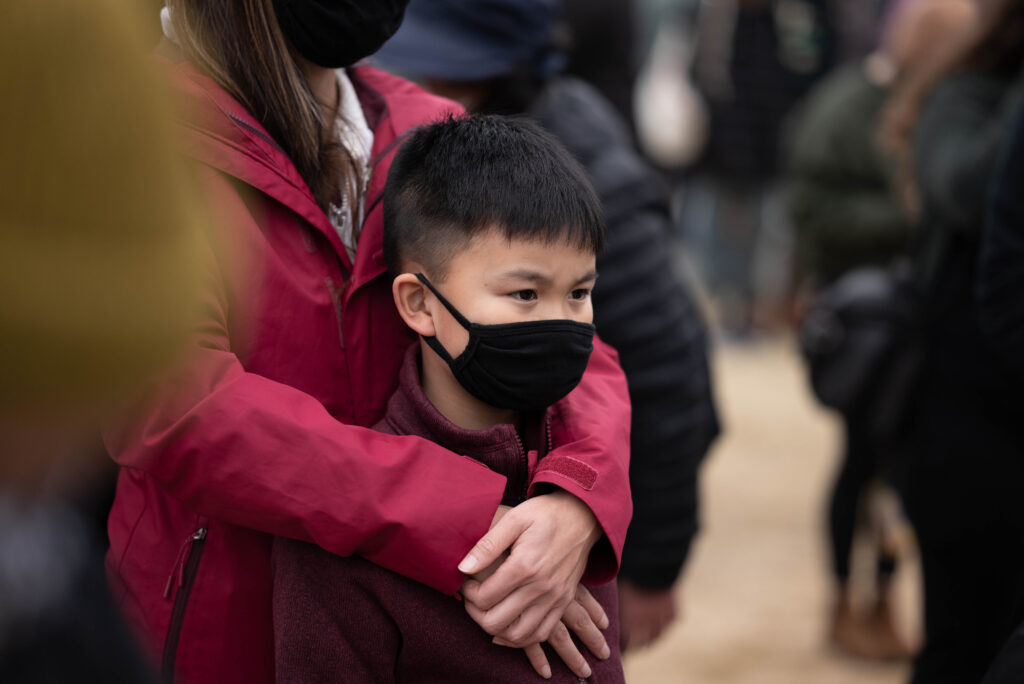
Hate speech is becoming more and more evident in the country. Hate attacks against the AAPI community (Asian American and Pacific Islanders) are on the rise in the United States. The Stop AAPI Hate initiative recorded more than 11,000 hate incidents against these communities.
Hate crimes, said Becky L. Monroe, deputy director for Strategic Initiatives and Foreign Affairs, at a press conference organized by Ethnic Media Services, are considered by the California Department of Civil Rights (CRD) as
